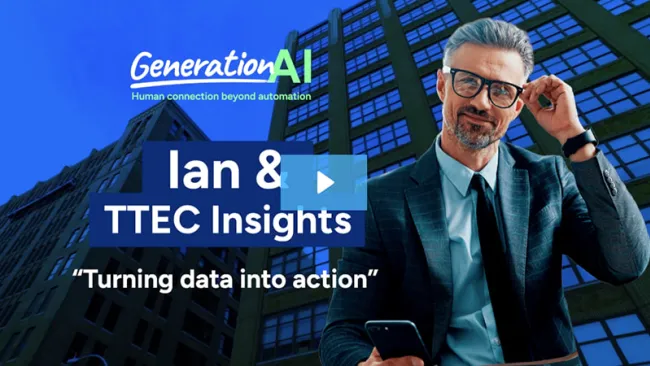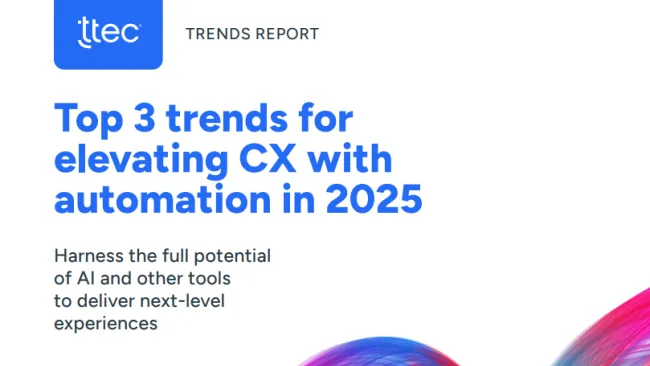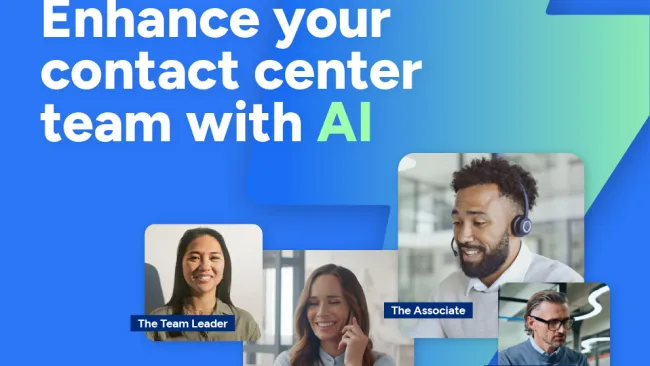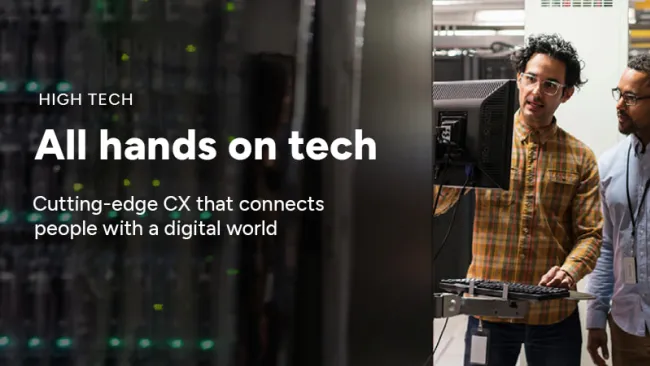For all the talk about Moore’s Law, cascading technological change, and the network effects generated by 24/7 connectivity, there is a gigantic elephant in the room that no business can afford to ignore: the customer.
Because the customer, you see, has no real interest in your business model, your processes, your org charts, or the sales you make. The customer simply wants to solve some problem or to meet some need, in whatever manner is simplest and most convenient, with the least amount of friction possible.
New technologies and connectivity have proven to be a great help for improving the customer experience by reducing friction and removing obstacles. But this also means that every obstacle yet to be removed represents a business opportunity for the first business able to employ technology to remove it—whether this is an existing business adapting its own processes to new technology or a disruptive start-up intent on throwing a technology wrench into some heretofore profitable business category.
Either way, success for such an entrepreneurial endeavor requires thinking in terms of customer needs first, and in the broadest possible, non-technological sense. As the late Steve Jobs once famously said, “You’ve got to start with the customer experience and work back toward the technology, not the other way around.”
When the CEO of Singularity University, Rob Nail, was asked about the traits he considered most important in a disruptive start-up CEO (as reported in the book Exponential Organizations, by Salim Ismail and Michael Malone), he listed six. He said that a successful CEO at a disruptive start-up must be:
- A Visionary Customer Advocate who insists on understanding and empathizing with the customer at all stages;
- A Data Driven Experimentalist, able to iterate quickly and assimilate rapid feedback;
- An Optimistic Realist, able to sustain employees’ morale when surrounded by chaos and frequent changes;
- Extremely Adaptable, so that as the company’s activities morph, the business model itself can be dramatically altered, when necessary;
- Radically Open, because expertise outside the organization will create frequent conflict, but must still be objectively assessed; and
- Hyper-Confident, in order “to live on the exponential curve and not get caught in the linear mindset of organizational bureaucracy.”
All of these are important, of course, but Nail argued that the single most important attribute is the first, regarding visionary customer advocacy. And it should be obvious why this is so. Visualizing the customer’s problem and empathizing with the customer’s own situation is an absolutely indispensable first step in putting new technology to work for the customer’s benefit.
Visionary entrepreneurs have a craving to see what their customers see and to feel what their customers feel. Virtually all successful “disruptors” are driven by empathy for their customers, which allows them to see how new technologies might improve the customer experience.
From Steve Jobs to Bill Gates, Elon Musk, Jeff Bezos, Mark Zuckerberg, and Sergey Brin—pick a successful entrepreneur and you will find that each one’s passion for customers was a unifying force that not only helped to mobilize whatever technology fomented the disruptive change, but also energized and engaged the front-line workers within their organizations to embrace disruption.

















